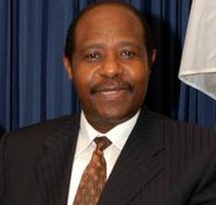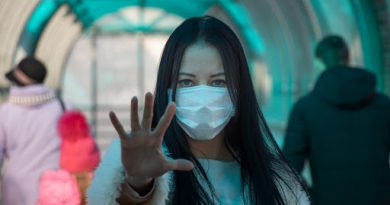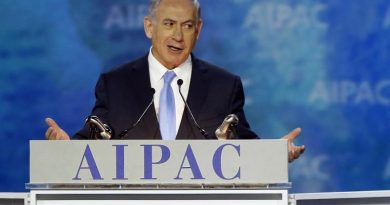Maduro Solidifies Victory as Venezuelans’ Options Dwindle
Maduro Solidifies Victory as Venezuelans’ Options Dwindle
Cameron Bird
Staff Writer
International Organizations (IGOs) and state governments around the world are growing increasingly worried as the violence between pro-democracy protestors, government forces, and armed groups in Venezuela continues to escalate. Human Rights Watch released a report detailing at least 24 credible accounts of killings during protests from independent sources within the country.
The news is especially concerning considering the potentially extra-judicial nature of the killings, as non-governmental armed groups supporting Maduro have taken to the streets amidst the protests to intimidate and oppose ongoing movements challenging Maduro’s rule. Despite the presence of the armed groups, Maduro’s government is still largely complicit in the killing of protestors, and many relatives and associates of those killed are unwilling to share their stories due to fear of government retaliation. The political environment remains a toxic mixture of fury and fear, as protestors are still enraged about Maduro’s outright rejection of the election results yet face threats to their lives if they engage in any act of civil disobedience.
Venezuela’s elections on July 28 of this year were highly anticipated, as the international community awaited to see not only the result but the strength of Venezuela’s democratic institutions in responding positively to the subsequent outcome. The country’s institutions have largely failed in that capacity, culminating in the decision of Venezuela’s supreme court to uphold the result announced by the country’s election council that Maduro had claimed more than 50 percent of the vote. The New York Times reports that despite this decision, the evidence suggests opposition candidate Edmundo Gonzalez claimed as much as 67 percent of the vote.
In the days following the election and the Supreme Court’s decision, protests erupted around the country, as a populace exhausted by Maduro’s tenure desired a dramatic change in leadership. Maduro has overseen one of the worst economic collapses in modern economic history, as the ‘Petrostate’ saw its overreliance on oil turn into historical inflation, rising violence, and pervasive corruption. Amidst all these pressures, Maduro has consolidated power in specific spheres of influence within the Venezuelan government. This resulted in the election council and Supreme Court affirming Maduro’s victory, despite substantial evidence that he had not won, according to BBC News.
The subsequent eruption of public anger has taken the country by storm and inflamed tensions between those loyal to Maduro and those desiring new leadership. This has led to breakdowns throughout Venezuelan society, as opposition figures have been arrested, NGOs have been placed under tighter restrictions, and many members of the civil service have been forced to resign, reports Reuters. The killing of civilians is, therefore, the latest of a string of concerns for the international community, as yet another democracy appears to have experienced its demise. The Associated Press News reports that perhaps the most concerning element is the way in which protests are turning violent, as the military and armed groups appear to be the instigating factor resulting in the deaths of innocent civilians. As the violence continues to spiral, it is likely Venezuelan authorities will only get more repressive, recognizing that the organized effort to protest the results will continue to dwindle as civilians feel increasingly threatened by a retaliatory government.
Further complicating the efforts of these movements is the fact that the opposition candidate Edmundo Gonzalez \ fled to Spain and sought exile, due to an arrest warrant issued by the Maduro government. PBS News reports that Edmundo Gonzalez was under investigation for electoral sabotage, and thus fled to avoid what was widely deemed a politically motivated investigation and indictment. Spain granted his asylum request, allowing him to stay in the Spanish embassy in Caracas, before being flown to Madrid.
With the apparent killing of civilians and the absence of a political leader within Venezuelan borders, it appears the opposition movement may have few options left in its effort to challenge Maduro’s next six-year term. While Western powers have asked for Venezuela to provide evidence of the result, with the U.S. even going so far as to say the opposition candidate won, their options in creating effectual change around that result are limited. Sanctions have been imposed, however further sanction efforts may harm the civilian electorate more than the government, and military or paramilitary action is out of the question. Therefore, it is entirely plausible that the only people capable of effecting change in Venezuela are the ones currently out in the streets at risk of being killed by their own government.
Image courtesy of Getty Images



